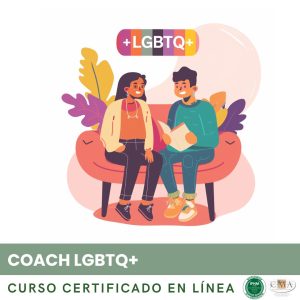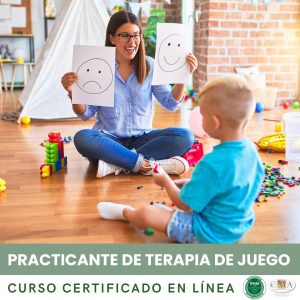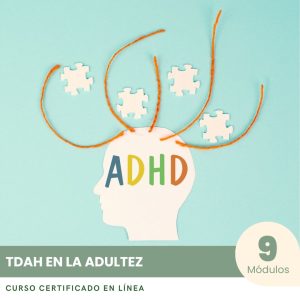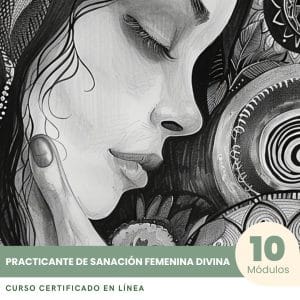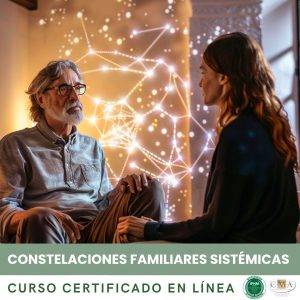5.4 – Ikigai and Emotion Management

Ikigai is a powerful ally for better managing our emotions daily. Indeed, when we are aligned with our purpose, we develop greater emotional resilience and the ability to navigate the ups and downs of life with more serenity.
Imagine a person whose Ikigai is to “create connections and joy through cooking”. By living out her passion every day, she will naturally cultivate positive emotions such as enthusiasm, gratitude, pride… Even in moments of stress or fatigue, reconnecting with her Ikigai will allow her to rediscover meaning and motivation. Cooking will become a way to recharge, to focus on the essentials and to transform negative emotions into something creative and nourishing.
Ikigai also helps us to develop a greater awareness of our emotions. By listening to what deeply moves us, we learn to recognize and accept our feelings, rather than running away from them or judging them. We allow ourselves to be fully human, with our joys and sorrows, hopes and fears. This compassionate acceptance of our emotional experiences helps us to better regulate them and respond appropriately.
For example, let’s imagine an entrepreneur whose Ikigai is to “revolutionize his sector with sustainable innovations”. He will inevitably face challenges, failures, moments of doubt… But by staying connected to his vision and values, he will weather these emotional storms with greater resilience. He will welcome fear and transform it into caution, anger into determination, sadness into compassion… His Ikigai will serve as an anchor to stay on course and bounce back in the face of difficulties.
Another valuable contribution of Ikigai is to help us cultivate more authentic and nourishing relationships. By living in alignment with our deep values, we naturally attract people who resonate with our energy and vision. We create a virtuous circle of mutual support, encouragement, and kindness. These quality connections act as a buffer against the ups and downs of life, helping us regulate our emotions by making us feel understood and supported.
Ikigai also invites us to take a new look at our difficult emotions. Rather than seeing them as enemies to fight, we can welcome them as messengers carrying meaning. Anger can alert us to an injustice to repair, fear can indicate a need for safety to honor, sadness can invite us to take care of ourselves… By listening to these signals with kindness, we learn to respond appropriately and draw valuable lessons for our journey.
Of course, living our Ikigai does not exempt us from emotional storms and difficult times. But it gives us inner resources to go through them with more resilience and wisdom. By regularly reconnecting with our purpose, with what gives meaning and joy to our lives, we cultivate a positive mindset and confidence in our ability to cope. We learn to navigate our emotions with more flexibility and creativity, seeing them as an inner compass rather than a threat to evade.
By integrating the concept of Ikigai into our relationship with our emotions, we thus develop greater emotional intelligence and the ability to live fully our humanity. We give ourselves permission to feel the full range of our emotions, while learning to regulate and use them constructively. Our emotional life then becomes a precious ally on the path to our fulfillment and our contribution to the world.
Key takeaways:
– Ikigai strengthens our emotional resilience and helps us traverse the ups and downs of life with more serenity.
– By living aligned with our purpose, we naturally cultivate positive emotions and find ways to transform negative emotions creatively.
– Ikigai enhances our emotional awareness, teaches us to recognize and warmly accept our feelings, without running away or judging them.
– Staying connected to our Ikigai serves as an anchor to stay on course and bounce back in the face of emotional storms by transforming fear into caution, anger into determination, and sadness into compassion.
– Living in harmony with our values attracts people who resonate with us creating a virtuous circle of mutual support and nourishing connections that help regulate our emotions.
– Ikigai prompts us to see our difficult emotions as meaningful messengers and learning opportunities rather than enemies.
– Even though Ikigai does not spare us difficult moments, it provides us with inner resources to traverse them and see our emotions as a compassionate compass.
– Incorporating Ikigai into our relationship with our emotions enhances our emotional intelligence and allows us to live our humanity fully constructively.
👉 To download docx (Editable) file click here : Click here
👉 To download PDF file click here : Click here
👉 To download MP3 file click here : Click here











